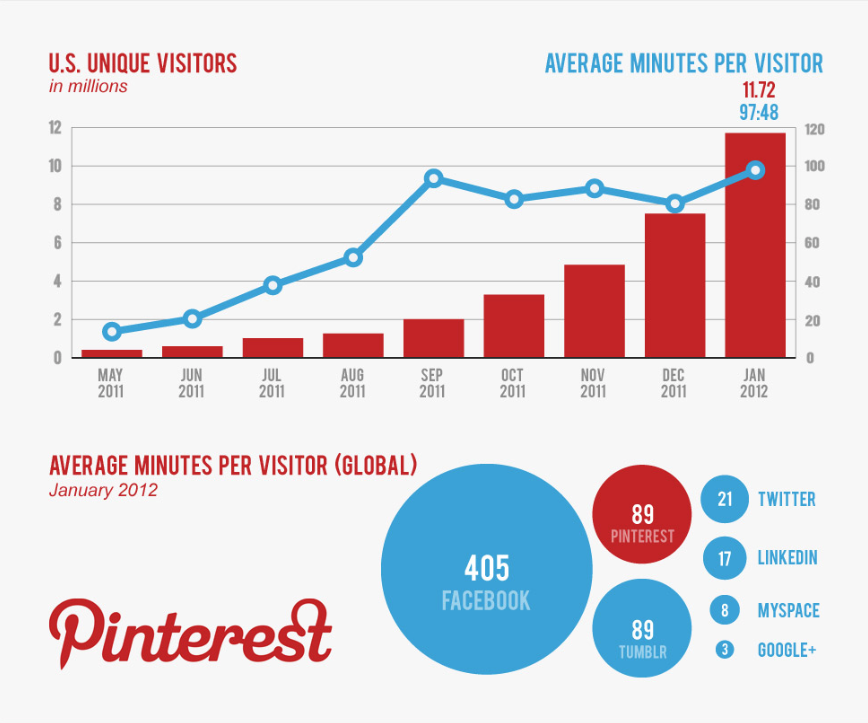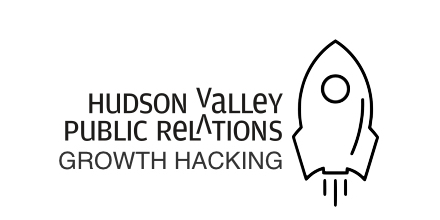Ethnographic Research Marketing
By Chris Largent, Marist College Intern.

Knowing Your Customer on a Personal Level
If I’ve said it once, I’ve said it a million times — today’s marketplace is buyer-central. People want to feel a connection with the products and brands that they use every day. Catering to the buyer is essential. But how does a business cater to one person while still trying to sell to a large customer base? The answer is simple: ethnographic research. This type of research goes beyond the traditional use of demographics to market, which has been shown to be outdated. Instead, ethnographic research focuses on a few key aspects of consumer’s attitudes, opinions, preferences, likes etc.: Behaviors Habits Environment Values.
Behaviors
Finding out how your customers behave on a day-to-day basis can provide you with insight on how to market more efficiently to them. A useful way to go about finding your customers’ behaviors is to visit them in a natural setting, perhaps at the office. Although this may take a good amount of time and effort, it will be worth it in the end. The objective is to learn about the customer on their home turf instead of yours (Anderson, 2009).
Habits
The same goes for their habits. Human beings are habitual creatures. We enjoy security and routine. Go out and observe your customers habits. Take note of the products they use, the shows they watch, the food they eat. Creating content present within the habits of your customers will bring more attention to your brand and business.
Environment
Whether you believe in Nature or Nurture, it is essential to take your customers’ surroundings into consideration when researching their ethnography. Take time to learn about where they work, where they live, their families and what they generally surround themselves with. A customer that works for a company but has no family will have a very different mindset when it comes to shopping than a customer that works for that same company and has a family to provide for.
Values
Find out what your customers value deep down in their hearts. If your customers believe in transparency when dealing with companies then it may be wise to open up and provide more information to your publics. If not, you may find that when a crisis happens, it will be harder to manage the aftermath, having lost a lot of the trust of your customers.
This ethnographic research can be done through observational trips, focus groups or well written surveys (Anderson, 2009). Many of these techniques may come across as too time consuming, however, finding out who you are selling your products to on a personal level will ultimately help to grow recognition and loyalty with your business.
These are many ethnographic research methodologies to consider, to learn more about ethnography visit our website: hudsonvalleypublicrelations.com or give us a call at: 845.202.7087
Sources:
Anderson, K. (2009). Ethnographic Research: A Key to Strategy. Harvard Business Review. Retrieved on October 27th, 2015 from: https://hbr.org/2009/03/ethnographic-research-a-key-to-strategy.









